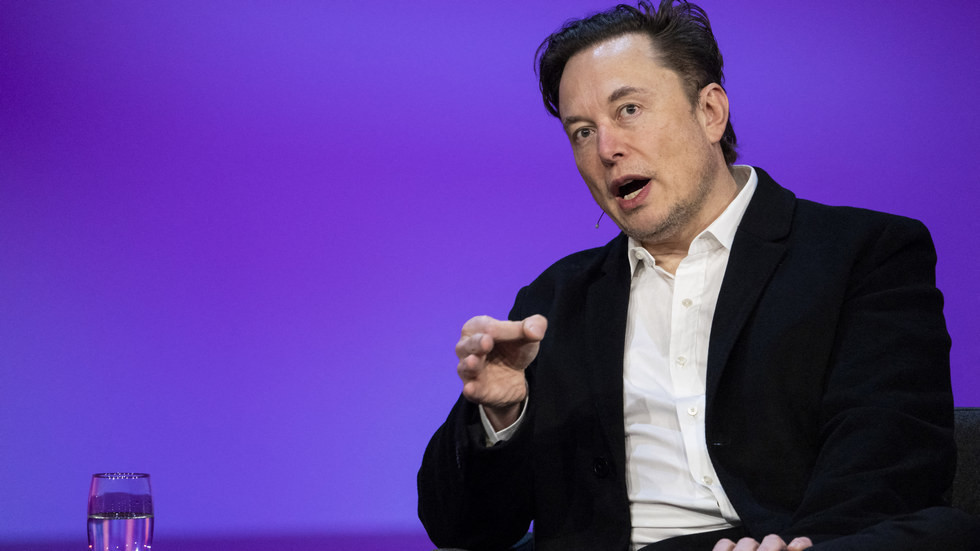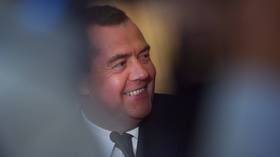
Many in Eastern Ukraine would “prefer Russia,” Tesla CEO told Lindsey Graham

Tesla chief Elon Musk speaks during an interview with head of TED Chris Anderson at the TED2022: A New Era conference in Vancouver, Canada. © Ryan Lash / TED Conferences, LLC / AFP
Russians make up the majority in some territories in Eastern Ukraine, and they would like to be a part of Russia, Tesla and Space X CEO Elon Musk said on Thursday, responding to criticism by US Senator Lindsey Graham of his stance on the conflict.
Graham had castigated Musk for not understanding “the facts of the Russian invasion of Ukraine” after the billionaire presented a peace plan to end hostilities between Moscow and Kiev.
According to Musk, in any given conflict region, it is the people who should decide which country they want to live in. “Most of Ukraine unequivocally wants to be part of Ukraine, but some eastern portions have Russian majorities and prefer Russia,” he said.
Musk posted a map with results of the 2012 parliamentary election in Ukraine that took place two years prior to a coup in Kiev. It showed that large swathes of eastern and southern Ukraine supported the pro-Russia Party of Regions.
“Obviously, not everyone who voted for the pro-Russia party wanted to join Russia, but it would also be inaccurate to say that none did,” he explained.

Read more
At the same time, when told that in the 2019 parliamentary election Kherson and Zaporozhye Regions backed the ruling Servant of the People party, Musk noted that the territories “almost certainly do not want to join Russia.” However, he added that “annexation of those regions was done to ensure a land bridge and water supply to Crimea.” In late September, the two regions, along with the Donetsk and Lugansk People’s Republics, overwhelmingly voted to join Russia.
Musk’s latest comments come after he proposed a plan to end the Ukraine conflict, suggesting that Moscow should “redo elections of annexed regions under UN supervision” while Kiev would commit to neutrality and drop its claim to Crimea, which overwhelmingly voted to join Russia in 2014.
His stance sparked outcry among several Ukrainian officials, with Kiev’s outgoing ambassador to Berlin Andrey Melnik going as far as to tell Musk to “f**k off.” President Vladimir Zelensky reacted in a more reserved manner by holding a poll, asking his followers on Twitter “which Elon Musk” they “like more”: the one “who supports Ukraine,” or the one “who supports Russia”.



